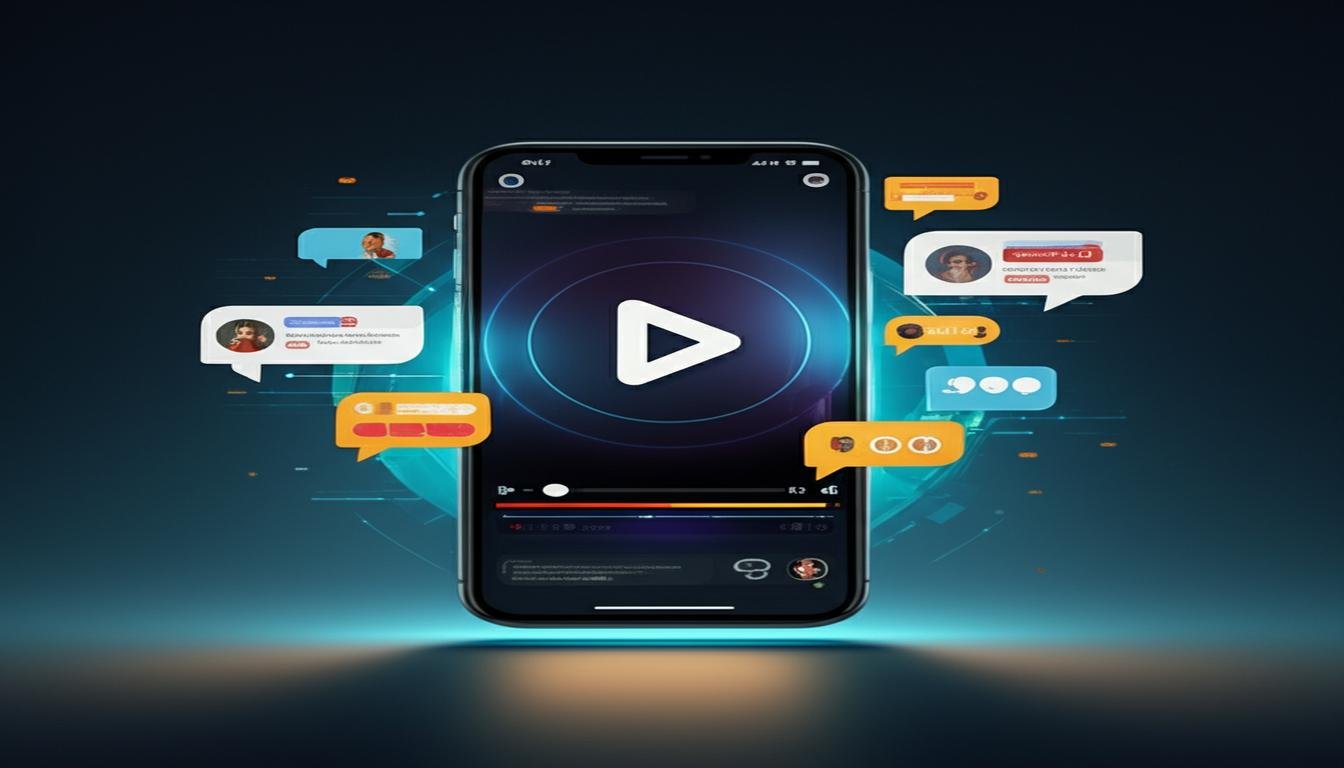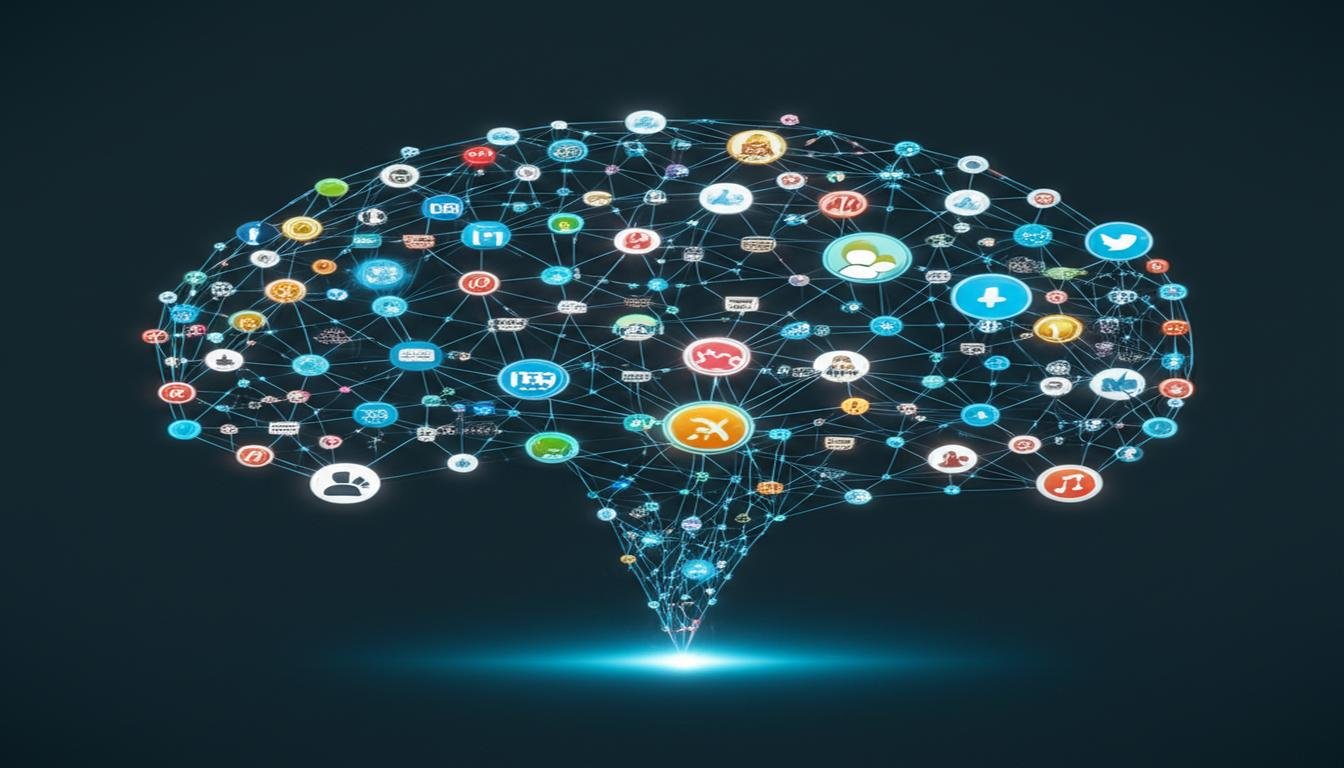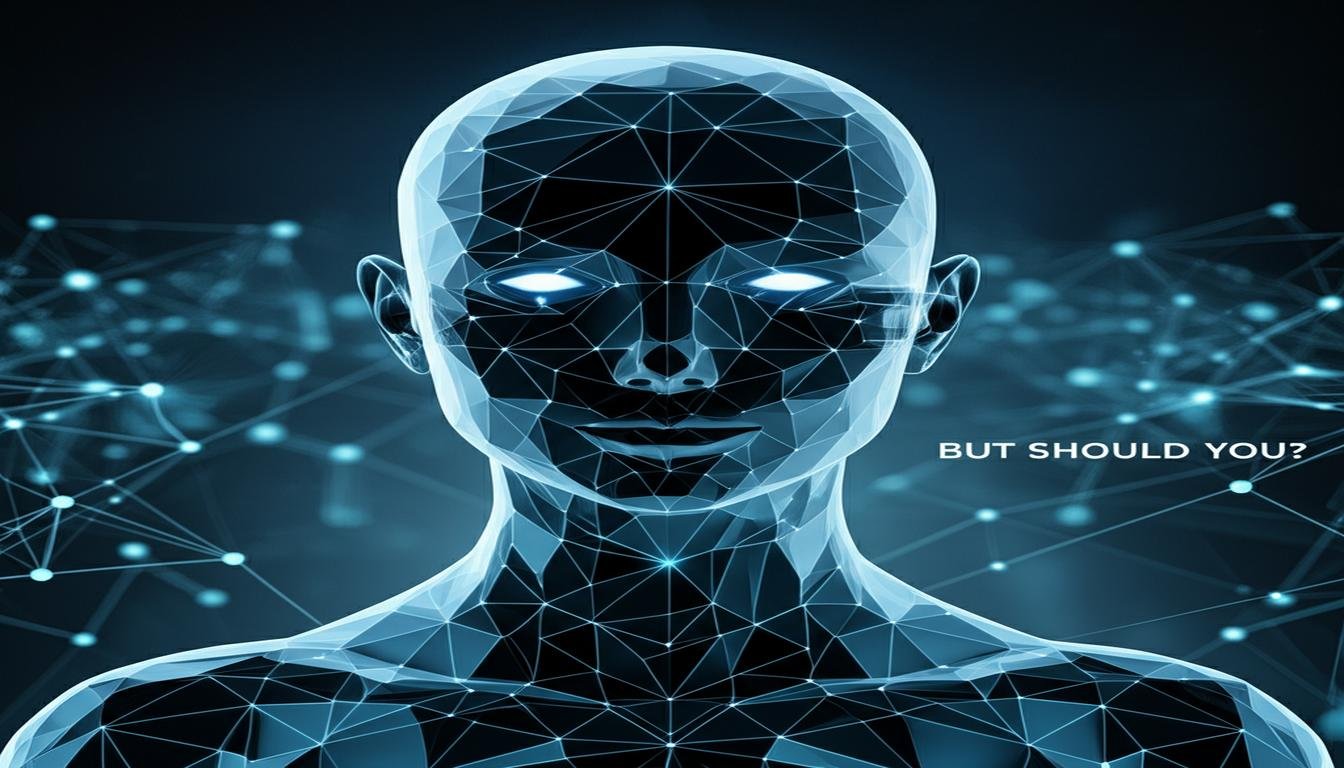Okay, let’s be real for a second. The final season of *Game of Thrones*? It left a lot of us feeling… well, a little empty. After years of epic battles, intricate plots, and character arcs we deeply invested in, the ending felt, for many, like a rushed whisper instead of the dragon’s roar we expected. We debated, we theorized, we even signed petitions. But what if there was another way? What if an AI, armed with every episode, every fan theory, and every character analysis, could step in and rewrite history? Well, it happened. And the wildest part? This AI-generated Game of Thrones ending is actually, surprisingly, *good*. Remember That Feeling? Why the Original Ending Stung Think back to those final episodes. Daenerys Targaryen’s sudden turn, Jon Snow’s seemingly anti-climactic fate, Bran Stark as king – it all felt a bit off-kilter for a show renowned for its meticulous storytelling. Fans had built up years of expectations, imagining grand conclusions for characters like Arya, Sansa, and Tyrion Lannister. The biggest issue? Many felt the established character arcs were simply dropped for the sake of plot convenience. Our beloved heroes and villains made choices that didn’t quite line up with everything we knew about them. It left a bitter taste, an itch for a more satisfying conclusion to the saga of Westeros and the Iron Throne. Enter the AI: A New Vision for Westeros So, how does an AI even begin to tackle something as complex as *Game of Thrones*? Imagine an advanced narrative AI, fed literally everything: scripts, books, fan wikis, character bios, and even the emotional responses of millions of viewers. This isn’t just about stringing words together; it’s about understanding narrative structure, character motivations, and audience expectations. This “storytelling AI” took all that data and essentially asked itself: “Given these characters and their journeys, what’s a more logical, emotionally resonant, and satisfying way to end their story?” The results are pretty compelling. How the AI Reimagined the Throne (The Good Bits!) Instead of a sudden, jarring conclusion, the AI focused on bringing long-standing arcs to a natural, earned close. Here’s a peek at some highlights from its rewritten GoT ending: Daenerys’s Fate: Her descent isn’t a flip, but a tragic, desperate consequence of betrayals and loss, ultimately leading to a self-sacrificial act that saves innocents, solidifying her complicated legacy rather than simplifying it. She makes a hard choice, not a mad one. Jon Snow’s True Calling: Jon’s Targaryen heritage isn’t just a revelation; it’s a pivotal point. The AI has him reluctantly accepting a council-led leadership role, bridging the gap between the old ways and a new, more democratic Westeros, using his unique perspective to heal the realm. Bran’s Purpose: Bran’s kingship isn’t a passive role. The Three-Eyed Raven becomes a crucial, active historian and guide, using his visions to prevent future conflicts and rebuild ancient knowledge, making his power integral to the new world’s foundation. The Iron Throne Itself: Instead of being melted, the AI suggests it’s reforged into a symbol of unity and justice, not power, perhaps as a council table, signifying a true shift in governance. Satisfying Character Endings: Arya continues her explorations but returns periodically to aid her family. Sansa solidifies the North’s independence with more political nuance. Tyrion, after profound loss, finds a path to redemption through rebuilding and advising, using his wit for good. Why This AI Rewrite Actually Works The beauty of this AI-generated narrative isn’t just in the plot points; it’s in the underlying logic. It processes massive amounts of text, identifying patterns in character development, thematic consistency, and narrative progression. It understands what makes a story *feel* right. Essentially, the AI manages to: Maintain character integrity by building on established traits, not ditching them. Offer logical conclusions to long-running mysteries and prophecies. Deliver emotional payoffs that fans yearned for, tying up loose ends in a meaningful way. Create a sense of earned resolution, where actions have understandable consequences and character journeys feel complete. It’s not just some random word salad; it’s a thoughtfully constructed alternative that truly feels like it belongs in the world of Game of Thrones. Is This the Future of Storytelling? Seeing an AI craft such a compelling alternative for an iconic series like *Game of Thrones* really makes you wonder about the future of creative writing. Could narrative AI tools help writers overcome creative blocks? Could they explore “what if” scenarios for beloved universes? Absolutely! This isn’t about AI replacing human creativity. Far from it. Instead, it highlights the potential for AI to be an incredible partner in the creative process. Imagine screenwriters using AI to test different plot twists, or authors getting feedback on character consistency. The possibilities for creative AI and storytelling technology are truly endless, offering new ways to engage with the stories we love. What’s Your Ideal Westeros Ending? This AI’s take on the *Game of Thrones* ending gives us a fascinating glimpse into what could have been, and what might be possible in storytelling. It proves that with the right data and sophisticated algorithms, AI can produce truly impressive, even emotionally resonant, narratives. So, after hearing about this alternative, how do you feel? Did this AI-created ending hit closer to what you imagined for Westeros? Share your thoughts below – maybe your fan theories aren’t so far-fetched after all, especially if an AI could agree!
AI Just Rewrote the Ending of Game of Thrones-and It’s Actually Good









